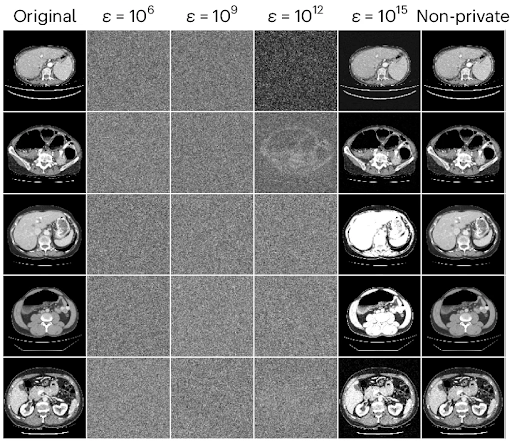A proposed rule by the U.S. Drug Enforcement Administration (DEA) could impede timely access to medications for patients, according to members of the home health community.
The DEA proposed a rule in the final days of the Biden administration that could change the game for prescribing controlled substances via telehealth, including some common hospice medications. If finalized, this proposed rule would require prescribers to register with the DEA before they are allowed to prescribe schedule II-V controlled substances, along with some monitoring and other requirements.
“DEA’s goal is to provide telehealth access for needed medications while ensuring patient safety and preventing the diversion of medications into the illicit drug market,” said former DEA Administrator Anne Milgram, in a statement. “We understand the difficulties some patients have accessing medical providers in-person, and we want to ease this burden while also providing safeguards to keep patients safe. These rules also mark a significant step forward for patient safety by requiring online telemedicine platforms to register with DEA and taking steps to establish a nationwide Prescription Drug Monitoring Program (PDMP).”
The proposal also includes an Advanced Telemedicine Prescribing Registration for schedule II medications for practitioners including psychiatrists; hospice care and palliative care physicians; physicians rendering treatment at long term care facilities; and pediatricians.
The rule would not apply to telemedicine visits in which a patient has already been seen in-person by a medical provider. It only applies if a patient has never been seen in-person by the medical provider and the patient is being prescribed controlled medication.
Implementation of the proposed rule would have adverse consequences for patients, according to the National Alliance for Care at Home.
“While we appreciate the [DEA’s] efforts to consider the needs of hospice and palliative care practitioners in balancing patient access with preventing the diversion of controlled substances, we are deeply concerned that the proposed rule could significantly and irreparably impede timely and appropriate medication access for individuals in the home under its proposed special registration framework, particularly for terminally ill and seriously ill patients receiving hospice and palliative care services,” the Alliance indicated in a comment letter on the proposal.
The Alliance made several recommendations to the DEA regarding the proposal:
- Clarify that hospice physicians, nurse practitioners (NPs), and physician assistants (PAs) (collectively, hospice practitioners) are not subject to in-person medical evaluation requirements under the Ryan Haight Act when prescribing controlled substances to hospice patients.
- To avoid any ambiguity, the DEA should exempt hospice practitioners from in-person medical evaluation requirements under the Ryan Haight Act.
- Eliminate the monthly 50% cap on Schedule II prescriptions issued via telemedicine for hospice and palliative care practitioners.
- Eliminate in-state restrictions for Schedule II prescriptions issued via telemedicine for hospice and palliative care practitioners.
- Under the proposed Advanced Telemedicine Prescribing Registration, eliminate the requirement for an NP, PA, or other physician providing hospice care or palliative care to be board certified in a certain specialty.
- Do not finalize Prescription Drug Monitoring Program (PDMP) nationwide verification requirements.
- Allow audio-only prescribing in cases of prescribing medications for hospice, palliative, and homebound patients with limitations that make telemedicine video encounters impractical or impossible.
- Remove photographic and identity verification requirements for homebound patients and those receiving hospice care or palliative care.
- Reduce reporting and recordkeeping requirements for special registrant prescribers.
- Revise and update definitions to promote clarity.
Uncertainties abound regarding the future of this proposed rule. First, the Trump administration has taken a firm anti-regulatory stance. The president signed an executive order in his early days in office requiring federal agencies to roll back 10 rules for each one they promulgate.
However, this proposal slipped in before Trump took office and is already moving along in the rulemaking process.
The proposed rule could reduce the number of practitioners who are willing and able to prescribe controlled substances, according to the Coalition to Transform Advanced Care (C-TAC).
“While we appreciate the concerns around prescribing opioids or schedule II-V drugs via telehealth, we note that a special registration was not required during the COVID-19 public health emergency and are unaware of any evidence that the lack of such a registration was problematic at the time,” C-TAC said in a comment letter. “Instead, it seems now to be adding an expensive and burdensome hurdle that will reduce access to use of these FDA-approved medications for those with serious illness who very much need them. The unfortunate result of this Special Registration will be to limit the number of practitioners in palliative care and hospice who can prescribe these drugs via telehealth, causing patients in need of them to have to try to find a practitioner who can.”
The post Home Health Community Responds to DEA’s Proposed Telehealth Rule appeared first on Home Health Care News.











